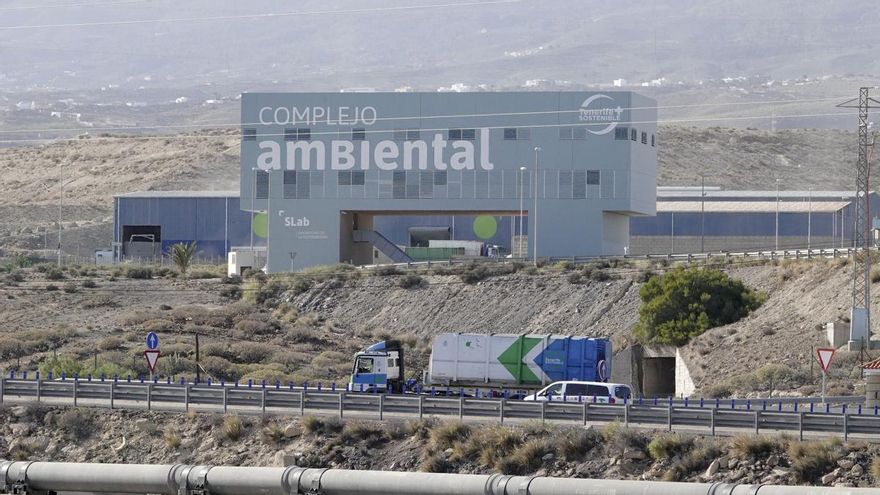
The Cabildo of Tenerife and the Department of Ecological Transition of the Government of the Canary Islands They held a meeting whose result is commitment to generate projects worth 40 million euros aimed at creating composting (biostabilization) plants on the Island. In addition, actions will be coordinated to restore the areas affected by the fire that started in the middle of last August, in Arafo.
The president of the insular Corporation, Rosa Davilaand the Ecological Transition advisor and Energy of the regional Executive, Mariano Hernández Zapata, also addressed issues such as waste treatment. Dávila indicated that “they have already been delivered to the Government of Canary Islands the work on that treatment. He added that “We are committed to recycling, revaluation and reuse, and for that we have to advance in the plants. He pointed out that “we have proposed an investment of 40 million euros in initiatives that (the regional Executive) already has to finance them with its own funds, from the Tenerife Cabildo itself and, also, European funds.”
Of those 40 million, Some 16 will be used to expand the Tenerife Environmental Complex plant, in Arico, with a new plant that allows the biological treatment of selectively collected organic matter to transform it into compost. In addition, the Cabildo and Government of the Canary Islands coordinate actions for the restoration of the areas affected by the fire.
Also present at this meeting were the island vice president, Lope Afonso, and the advisors of Natural Environment and Industry, Blanca Pérez and Manuel Fernandezrespectively, as well as members of their work teams.
Rosa Dávila indicated that “we are talking about joint actions, about programs budgeted in 2023 and 2024 in stabilization, restoration, forestry work and cleaning of spaces and ravines.” There was also talk in this forum about plans to employment and projects planned to recover the affected natural spaces.
Hernández Zapata glossed: «The councils They have to be protagonists and participants in decision-making and we have made a link with the Government of Spain». He also indicated that “The Canary Islands and Tenerife have a great challenge ahead of them to face this energy emergency that we declared on October 2 and continue advancing in the penetration of renewables and the commitment to decarbonization.” Dávila stressed: “We have a deficit on the Island and that led councils and the Government of the Canary Islands to declare an emergency, so that the Ministry of Ecological Transition can get involved in the solutions.”
Other topics addressed were the penetration of renewable energy and the decision of the Government of the Canary Islands to incorporate new photovoltaic and wind plants. Likewise, discharges into the sea and the need to solve them were discussed as an “unpostponable task.”
















